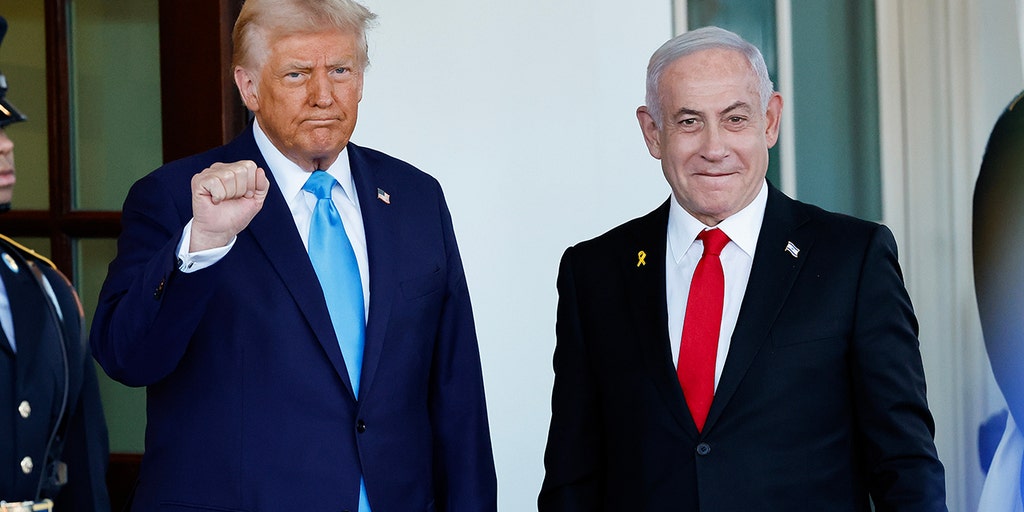Trade Breakthrough: Israel Drops Tariffs on All US Goods in Landmark Economic Move

In a strategic economic move, Israel has announced the complete removal of tariffs on U.S. products, signaling a significant boost to bilateral trade relations. Prime Minister Benjamin Netanyahu highlighted that this decision carries both substantial economic advantages and important strategic implications for the two nations.
The tariff elimination represents a bold step towards strengthening the already robust economic partnership between Israel and the United States. By reducing trade barriers, the initiative is expected to create new opportunities for businesses, facilitate smoother cross-border commerce, and potentially lower consumer prices for imported goods.
Netanyahu emphasized that the decision goes beyond mere economic calculations, suggesting that the move will also reinforce the diplomatic ties between the two countries. This gesture underscores Israel's commitment to deepening its economic and strategic alliance with the United States, a relationship that has long been characterized by mutual cooperation and shared interests.
